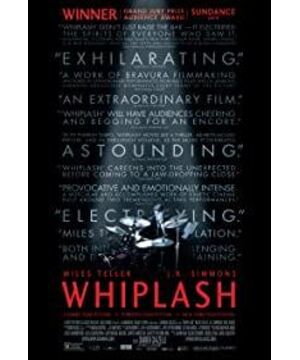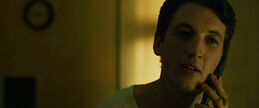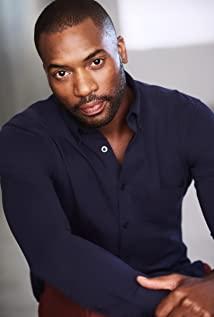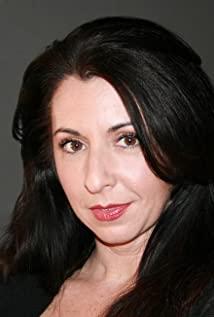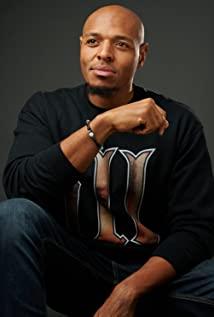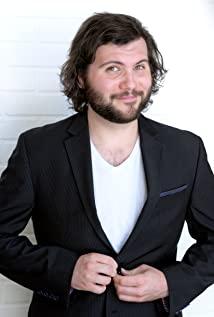{★★★★}
How to evaluate "Burst Drummer" is like how to evaluate the drum skills in the film. Drumming can be superb, but is it equated with superb artistic attainments? Similarly, the script, execution, and shooting of a movie can all be flawless, but does it mean that we spend more than 100 minutes in front of the screen? Next, I will expand my views around these two questions.
Unsurprisingly, "Burst Drummer" has generated great disagreements in the audience, especially among my neighbors (most of them are music fans). The positive side praises its dripping suspenseful atmosphere and editing tension, while the negative side is spicy. He groundly accused him of speculation and utilitarianism. But in my opinion, these views are not necessarily mutually exclusive. To delve into this, the first thing to analyze is my own prejudice, which is probably shared by most people. As music fans, we have always been adhering to the principle of respecting music and talent, and this principle is often inseparable from the purity of music and the talent of talent—the former requires us to insist that our loyalty to art is above everything else, the latter is Emphasize that intuition and inspiration are always better than acquired man-made. As far as the principle itself is concerned, it is overbearing and does not allow dissent; but at the same time, it cunningly resolves an eternal controversy: why great artists are always rare, and we can’t tell the mystery. ? We abide by the subjectivity of music in order to justify our claim and prevent art from becoming cheaply concocted wrapping paper. But "Burst Drummer" does the opposite, abide by the objectivity and logic that are few in the music, and use it to the extreme.
On this point, we can see the clues from the conversation between Andrew and his family at the dinner table. For anyone engaged in literary and art work, the awkward meal interrogation can be said to be a classic scene. Relatives and friends can come up with more profitable and more mainstream occupations every time to compare with the protagonist’s dreams of embarrassment, and as a result, often can not escape the future planning or non-standard and meaningless stereotypes. So is music subjective? Andrew and Fletcher will tell you no. Even if they are, they must hold on to quantifiable objectivity, because in the real music world, this is their only bargaining chip to gain recognition and climb upward. This is called utilitarianism. But utilitarianism is insulated from romance. Perhaps "Burst Drummer" is not related to romance, but only strives to show a cruel, dark, life-and-death music empire.
Maybe not. Perhaps the romance of "Burst Drummer" is madness, a kind of egocentric martial arts realm. Some people will ask, is "Burst Drummer" really talking about music? I don't think so. "Burst Drummer" talks about an almost obsessive worship of a technique, but it may not be related to the purpose or essence of music. Andrew’s utilitarianism was exposed, but when the movie moved through the Yang-Yan-Yang script and made him beat the drums on stage again, his utilitarianism changed, and he changed from wholeheartedly pleasing Fletcher to wholeheartedly. Please pleasing the irrational self in your heart.
For this, Andrew paid a heavy price, and this is where the film is really controversial. How do we view Fletcher's mental abuse, how do we view Andrew's seemingly acquiescence to his reasonable actions at the end of the film, and more importantly, how do we view Damien Chazelle's value orientation in the film?
Before that, I will quote some paragraphs from Matt Zoller Seitz's film review.
"(Fletcher's harsh, or even pathological worldview) is a form of insidious, cruel, over-simplified and uninteresting. It turns the pursuit of excellence in artistic attainment into a kind of shame and rejection. , Public insults, self-questioning, and physical punishment to endurance voting, just like Mel Gibson's "The Passion", it unilaterally equates patience and transcendence."
I have no intention of discussing Matt’s further dialectic thinking on the concept of patience, but we can clearly see that the core and even the most controversial logical chain of the movie is actually illogical. Fletcher's theory led him to believe that the dwarfing of self-esteem can eventually lead to the expansion of talents, but as outsiders we can no longer understand that the two are not mutually cause and effect. Judging from the anecdote of Charlie Parker, this may be the case, but what about the other great music masters? Even the musicians who came from a poor background are mostly not tortured by their artistic qualities, but by society, race, and class.
Contrary to the opinions of many people, I don't think Chazelle has chosen to be silent in this unavoidable invasion of values. I think he concealed but visibly spread out his emotional color. In the film, Fletcher is a hypocrite full of lies. Some of the words in his mouth are true and some are false. But only once, he shed tears for his former monk. Is he sorrowing for the early death of the monk? I would rather believe that he has no mercy towards all the monks. He was disappointed that the student monk he had taught, who was closest to Charlie Parker, was still backing down halfway. After the film is over, I think about it again, as if I heard Chazelle's voice here: like the sentence of Fletcher, it was the martyrs who followed his theory.
Why would a stern teacher who is so vowed and disdainful to regret never teach a Charlie Parker? How does Fletcher justify itself and explain the eternal controversy as we have done? To our and Fletcher's expectations, Andrew did it. But the question is, what did he do, how far is he from Charlie Parker? Where are the people who have gone further than him now? So, this is the ultimate performance of the movie: a man who was tortured by inferiority and conceit on the way to the peak of his skills, in the end swallowed his broken heart, and released an incomparably bright light even for a moment. After the light, what is waiting for him is the catastrophe and destruction that fall into the abyss at any time, but for our audience, that is the story after the end of the movie. And the story after the movie is over, unfortunately, is no longer something we are interested in witnessing.
View more about Whiplash reviews


